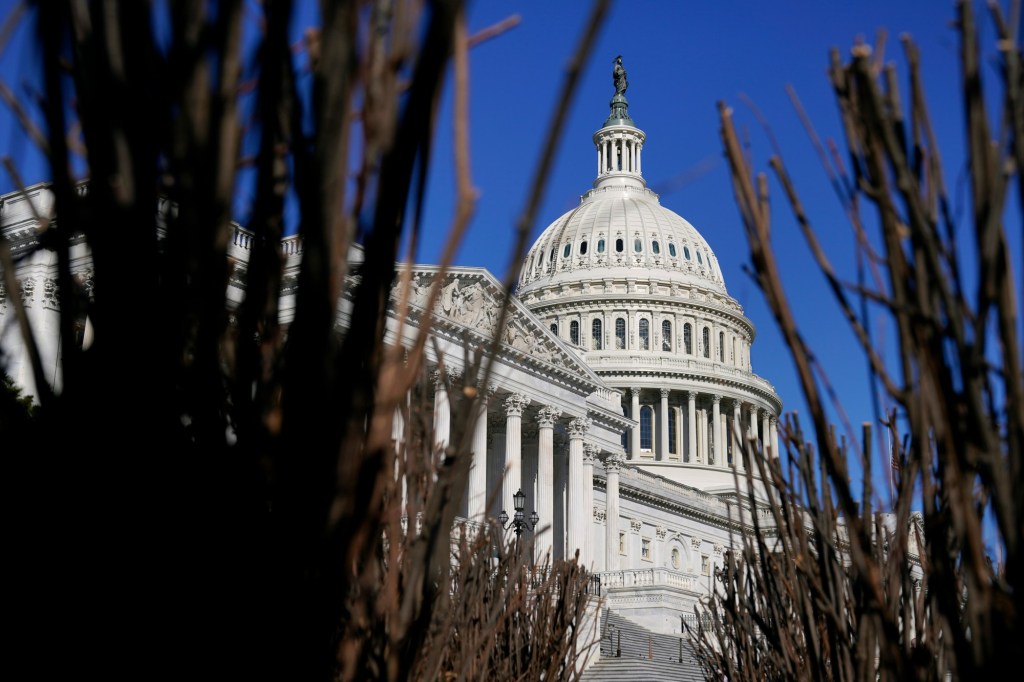
The kidney shortage is the best kind of problem. It is solvable. And the solution is in Congress right now.
In today’s divided political climate, it is rare to find a policy that saves both lives and money, uniting people across the spectrum. The End Kidney Deaths Act (H.R. 2687) is one of those rare bills. It is bipartisan, pragmatic, and popular.
To solve it, we must focus on a practical, data-driven approach to one of the most urgent crises in American health care: the shortage of kidneys for transplant. More than 90,000 Americans are waiting for a life-saving kidney, and 25 people die each day while on the list. Over the last decade, around 100,000 Americans have perished waiting.
The good news is we already know the solution. What is needed is the leadership from Congress and the President to bring it across the finish line.
This is not a partisan issue.
The Act would dramatically increase the number of living kidney donations. Living donor kidneys last about twice as long as those from deceased donors and provide better outcomes for patients. Yet only about 6,000 people donate each year, and that number has barely budged in 25 years. The bill offers a refundable $10,000 annual tax credit for five years, $50,000 total, to individuals who donate to a stranger. That one policy change could save up to 100,000 lives and reduce taxpayer spending by $37 billion over the next decade. Imagine filling the Caesars Superdome and then adding 17,000 more lives. That is the number of Americans who would be saved.
The financial case is just as strong as the moral one. The federal government currently spends about $50 billion a year on dialysis, roughly one percent of total tax revenue. A kidney transplant costs far less, restores health, and allows patients to return to work and family life. Every time a patient transitions from dialysis to a transplant, taxpayers save an average of $500,000. Few bills before Congress can claim to both save lives and save money on this scale.
Public support is clear. Four national surveys have found that Americans favor compensating kidney donors, and four separate surveys of physicians show similar support in the medical community. Most Americans instinctively understand the fairness of covering the real costs donors face when they step forward to save a stranger’s life.
For too long, we have relied on deceased donation to fill the gap. But fewer than one percent of deaths in the U.S. occur in circumstances that allow for organ recovery. Even if we doubled the efficiency of that system, it would only add about 2,000 kidneys per year, not nearly enough to meet the need. Meanwhile, living donation remains flat, despite being safer and more effective. Kidney donation surgery today carries fewer risks than childbirth or an appendectomy.
The barriers are not medical. They are political.
What stands in the way of this humane legislation is a stubborn belief, held by a small but influential group, that no one should receive financial compensation for the hard, time-consuming, and stressful work of donating a kidney. But that view ignores a central truth of American life: self-interest, when properly aligned, can serve the greater good. Adam Smith, in “The Wealth of Nations,” described how individuals pursuing their own benefit can, through an “invisible hand,” promote the welfare of society as a whole. Rewarding the act of saving strangers’ lives is not a distortion of values; it is their fulfillment.
Some pin their hopes on future medical breakthroughs. Research into lab-grown, 3D-printed, or pig-derived kidneys is worthy of investment, but those solutions remain years away. None will be widely available within the next decade. Meanwhile, another 100,000 Americans are projected to die if we do not pass act.
We cannot ask families to wait for innovations while their loved ones are dying.
The End Kidney Deaths Act was designed by living donors who gave to strangers, people who understand both the generosity and the challenges of donation. They know that with fair compensation, more Americans will step forward, more families will be spared the anguish of watching loved ones deteriorate on dialysis, and more lives will be restored.
Congress and the President now have the chance to prove that bipartisanship still exists when lives are on the line. No one should die because a broken system failed to connect willing donors with those in need.
The sooner we act, the more lives we save. Let’s make history. Let’s pass the End Kidney Deaths Act.
Elaine Perlman is the president of the Coalition to Modify NOTA and the executive director of Waitlist Zero. Walter E. Block is Harold E. Wirth Eminent Scholar Endowed Chair and Professor of Economics, Loyola University New Orleans



